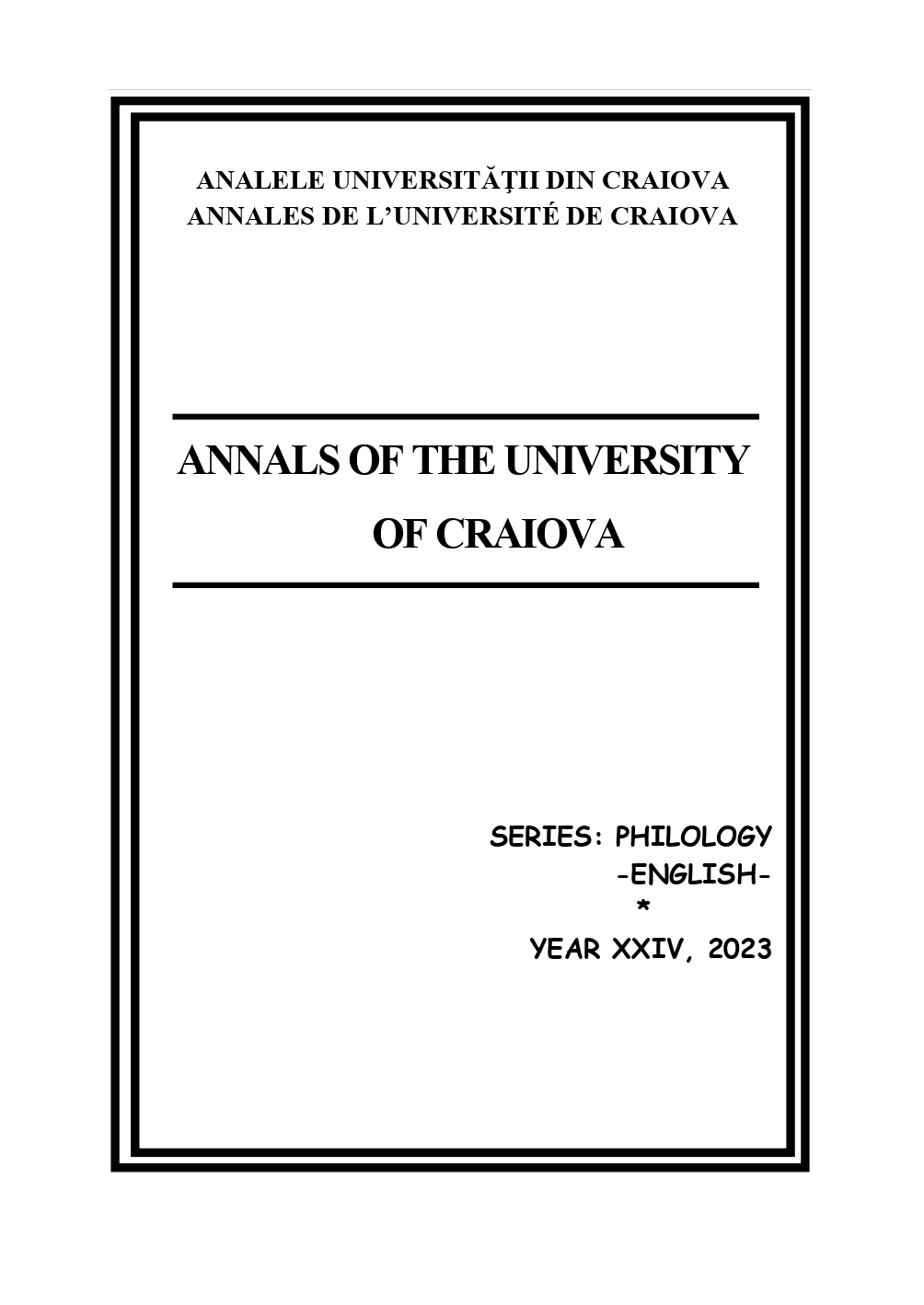Translation, Interpretation, and Language Use
Translation, Interpretation, and Language Use
Author(s): Monika Hoshafi (Hasani), Dhurata Lamçja, Ana ÇanoSubject(s): Translation Studies
Published by: Editura Universitaria Craiova
Keywords: translation; interpreting; language use; cross-cultural; communication;
Summary/Abstract: Translation, interpreting, and language studies are essential fields for the exchange of ideas and communication across languages and cultures. These disciplines have become increasingly important in our globalized world, where cross-cultural interactions are becoming more frequent and necessary. Translation involves the transfer of written content from one language to the next, to preserve the original meaning and style. Translators must have a strong comprehension of both sources and target languages, as well as an awareness of the cultural contexts in which the texts were written. They must also possess excellent writing skills in the intended language to ensure that the translated text reads naturally. Interpreting, on the other hand, involves the transfer of spoken language, either simultaneously or consecutively, between two or more parties. Interpreters must be able to think quickly and accurately, understand the nuances of the culture and language as well as be familiar with a wide range of subject matter. There are different modes of interpreting, such as consecutive, simultaneous, and whispered interpreting, each with its own unique set of challenges. Language use involves the study of languages themselves, including their structure, grammar, and usage. This field encompasses a wide range of areas, including linguistics, philology, and sociolinguistics, among others. Language studies can help us better understand how languages function, how they evolve, and how they shape and are shaped by culture.In conclusion, translation, interpreting, and language studies play a vital role in promoting cross-cultural communication and understanding. As the world becomes more interconnected, the demand for professionals in these fields is likely to continue to grow, and their contributions will be increasingly important for promoting mutual respect and cooperation between people of different cultures and languages.
Journal: Annals of the University of Craiova, Series: Philology, English
- Issue Year: XXIV/2023
- Issue No: 1
- Page Range: 20-30
- Page Count: 11
- Language: English

